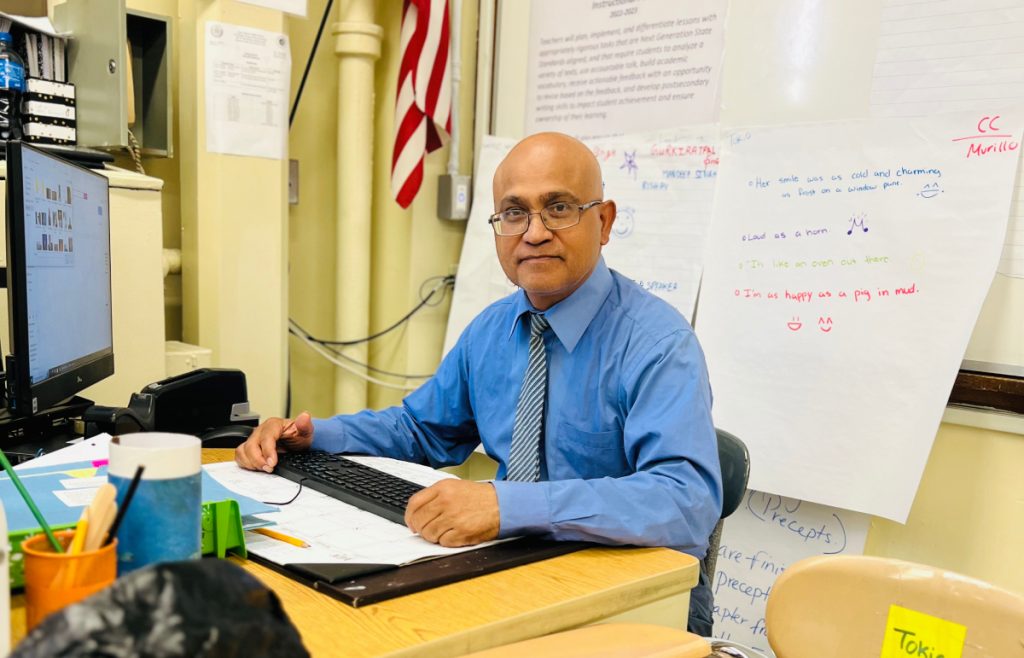There are many missives and news reports that keep Guyanese, the diaspora and the world well informed and updated on Venezuela’s claim to legitimate territory that belongs to Guyana. Articles (commentaries) have proliferated in the Guyanese and (other) media on the subject in recent months; the dispute has been making regular news over the last seven years. As a result of these news items and letters or epistles, the public (as well as the world) has gotten a better understanding of the history of the border issue and how it was initially resolved. The reportage and editorials have helped readers to understand how as well as why the conflict raised its ugly head to now reappear in the world court. The public too can now make an informed, unbiased decision about which country has a legitimate and rightful claim to Essequibo.
The contemporary availability of so much information in your media about the evolution of the border dispute and its expected resolution at the ICJ is a far cry from the early 1980s when I and other academics studied and wrote about the border dispute. There was a paucity of information. But now one can write MA thesis and PhD dissertation on the border conflict with the amount of literature on the subject in the public domain. There was a paucity of research information about the border dispute thru the 1980s and even into the 2000s when I was researching it as part of my course work in international politics. When I was doing a degree in Political Science in the early 1980s, majoring in International Relations, two required courses were International Law 1 and 2 taken in succeeding semesters. Prof Martha Zebrowski of Columbia University taught the courses. Baytoram Ramharack and Vassan Ramracha took the courses before me as they were my seniors in the CCNY program. Topics studied included border conflicts, among other issues (including international trade and business) that appeared before the World Court and or international agencies for resolution. There were many court cases and arbitration rulings that appeared in international law books. Guyana-Venezuela border disputes, among others, were discussed and was written about in the required text book in Int’l Law and in books on IR. Written research papers and oral presentations were required for the courses I took. My paper was on the Guyana border dispute. Materials were almost impossible for this topic as not much was available in journals in libraries. Access to arbitration ruling of 1898 was also not available in the libraries I visited. The Guyana Embassy and Consulate were not helpful; they didn’t have any materials kn the conflict. Guyanese Kester Alves employed at the UN mission, who was on a Burnham scholarship at NYU when Ramharack and I were PhD students, made promises to assist with materials but did not deliver. Contacts at the UN were helpful but information was limited. I had to scour several libraries and books to gather information. Employed as an assistant at the college library at a CCNY, I browsed the index of books on international law, Presidents Grover Cleveland and William McKinley, and other references to Guyana. That directed me to the right pages in many publications and helped me to gather enough materials to pen a reasonable research paper and to understand the dispute and to make an objective presentation of the conflict.
Today, the public today has access to several MA research papers (thesis) as well as books on the dispute in addition to the original arbitration judgment. They are very informative and well written. These publications have been summarized and or paraphrased in your paper in several articles by excellent writers making for easier comprehension of the border dispute. These writings should be collected and collated by the Foreign Ministry and packaged— made quickly available to individuals or organizations and our Caricom partners to present our case.
Thank you all the publications for carrying articles on the dispute without which the nation would have been poorer in knowledge of the Venezuela border dispute. The patriotism and nationalism of Guyanese media are saluted.
